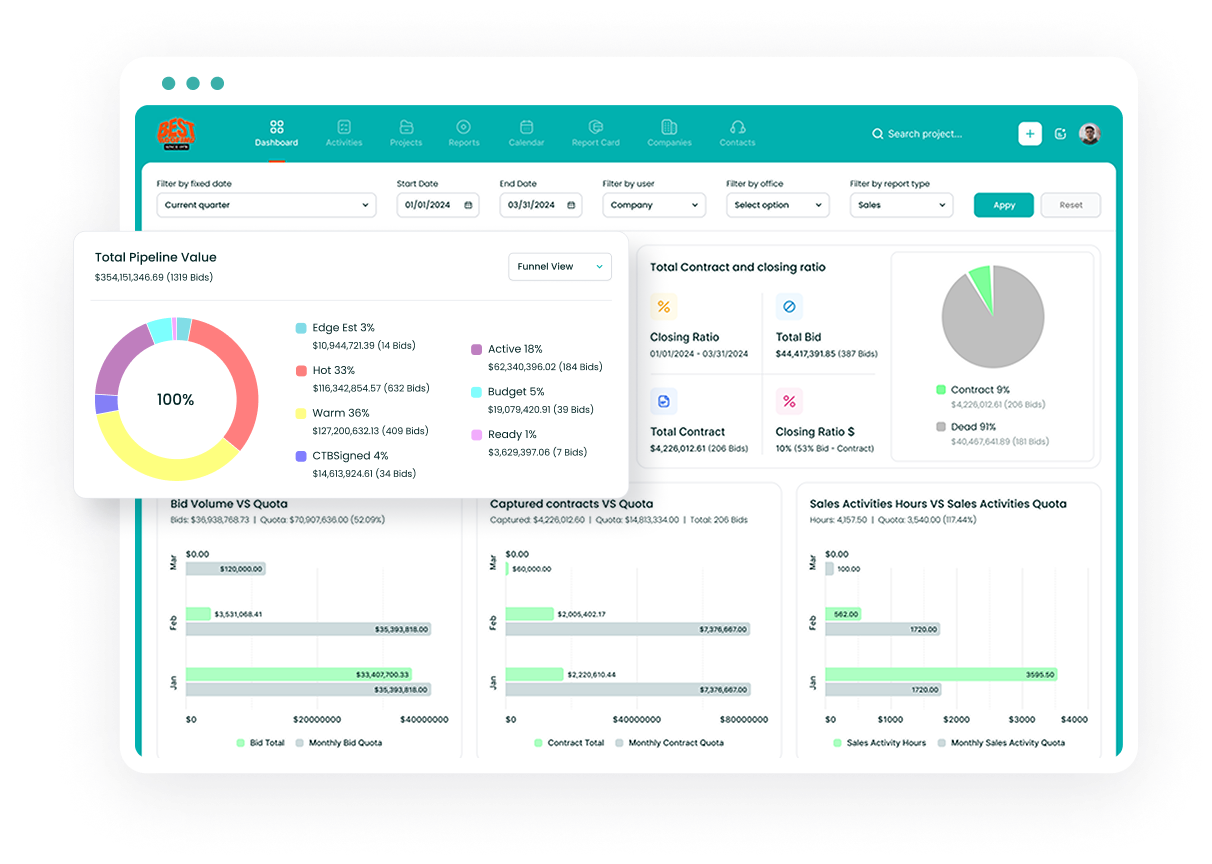Understanding Inactive Vendors
Before deleting inactive vendors, it's essential to understand that proper preparation prevents potential complications. Inactive vendors are those that you no longer conduct business with, but their records remain in your system. These records can clutter your database and make it harder to find active vendors during transaction entry.
Prerequisites for Removal
Document Verification Before beginning the removal process, you must ensure all vendor-related documents are properly handled. This includes:
- Clearing all fully paid documents for the vendor
- Removing remit-to locations
- Deleting recurring-payable records
- Clearing vendor statistics and comments
Status Assignment You must first assign an inactive status to all vendor records you wish to delete. This is a crucial step that cannot be skipped.
Identifying Inactive Vendors
Generate Vendor Report To identify which vendors are inactive, generate a comprehensive Vendors report by following these steps:
- Navigate to the Vendors section in A/P Vendor Reports
- Select the following report options:
- Address
- Profile
- Recurring Payables
Step-by-Step Removal Process
Accessing the Delete Function
- Open Accounts Payable
- Navigate to Periodic Processing
- Select Delete Inactive Records
Executing the Deletion
- Select the types of records you want to delete
- Specify the range for each record type
- Enter the date range for deletion
- Click Process to execute the removal
Important Considerations
Vendor Groups When dealing with vendor groups, additional steps are necessary:
- Print the Vendor Group List with Group Members option
- Ensure no vendors are still assigned to groups you want to delete
- Either delete or reassign any remaining vendors in the group
Data Verification After completing the deletion process:
- Generate new lists of the deleted record types
- Update your files with current information
- Verify that all intended records were successfully removed
Best Practices for Vendor Management
Regular Maintenance Implement a regular schedule for reviewing and managing vendor records:
- Quarterly review of vendor activity
- Annual assessment of vendor relationships
- Regular backup of database before major deletions
Documentation Maintain proper documentation of all vendor-related changes:
- Keep records of deletion dates
- Document reasons for inactivation
- Archive important historical data
Troubleshooting Common Issues
Unable to Delete Vendor If you encounter issues deleting a vendor, verify:
- All transactions are cleared
- No pending documents exist
- All compliance items are resolved
System Benefits
Regularly removing inactive vendors provides several advantages:
- Improved system performance
- Cleaner database management
- More efficient vendor searches
- Better data organization
Post-Deletion Procedures
After successfully removing inactive vendors:
- Update your vendor master list
- Inform relevant departments
- Document the completed cleanup process
- Review any recurring processes that might have referenced deleted vendors
Data Security Considerations
When removing vendor records, ensure:
- Proper backup procedures are followed
- Access permissions are appropriate
- Audit trail is maintained
- Compliance requirements are met
Future Prevention
To minimize the accumulation of inactive vendors:
- Implement regular vendor review procedures
- Establish clear criteria for vendor inactivation
- Create a standardized process for vendor management
- Maintain detailed documentation of vendor relationships
Conclusion
Maintaining a clean vendor database is crucial for efficient business operations. By following these comprehensive steps and best practices, you can effectively manage and remove inactive vendors while maintaining data integrity and system efficiency. Remember to always backup your data before performing any major deletion operations and ensure all prerequisites are met before proceeding with vendor removal.
Remember that this process might need to be repeated periodically as part of your regular system maintenance routine. By staying proactive with vendor management, you can ensure your Sage 300 system remains optimized and efficient for your business needs.
Sources: [1] https://www.baass.com/blog/inactive-customers-vendors-items-and-gl-accounts [2] https://www.thesideblogger.com/how-to-write-a-blog-post/ [3] https://blog.hubspot.com/marketing/how-to-start-a-blog [4] https://seowind.io/how-long-does-it-take-to-write-a-blog-post/ [5] https://www.youtube.com/watch?v=B8cnRN5q2c8 [6] https://community.shopify.com/c/shopify-design/change-blog-post-title-font-size-on-main-web-page/m-p/2505126 [7] https://forum.squarespace.com/topic/157660-change-blog-title-size/ [8] https://documentation.help/AP61AENG/Tasks_Remove_Obsolete_Records.htm [9] https://community.shopify.com/c/shopify-design/change-blog-post-title-font-size-on-main-web-page/m-p/2503722/highlight/true [10] https://www.wix.com/studio/blog/font-size [11] https://help.sage300.com/en-us/2024/classic/Subsystems/AP_2024/Content/PeriodicProcessing/DeletingInactiveRecords/AboutDeletingInactiveRecords.htm?TocPath=Accounts+Payable%7CPeriod-End+Procedures%7CAbout+Deleting+Inactive+Records%7C_____0 [12] https://communityhub.sage.com/us/sage_construction_and_real_estate/f/sage-300-construction-and-real-estate/228224/problem-removing---deleting-a-vendor

